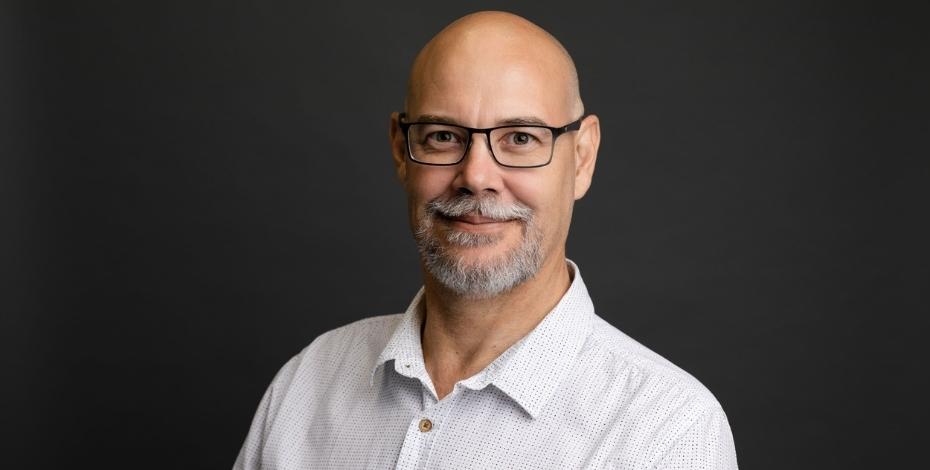
Manual therapy: handling a touchy topic

The use of hands-on manual therapy skills across the physiotherapy profession has been of interest to Darren Beales and the teaching and research team at Curtin University in Western Australia for some time. In particular, it is the questions of when to use manual therapy—and when to stop using it—that have piqued Darren’s interest. So when he was asked to speak at this year’s APA Tasmania Branch Symposium on this very subject, he jumped at the chance.
‘The topic fits into a number of things that have been on our radar for a while around the potential loss of hands-on manual therapy skills within the profession, the confusion about when to use them and when not to use them, and around the thought that physios could become too focused on the psychosocial and not on the physical modalities of treatment other than exercise,’ Darren says. ‘Treatments such as manual therapy have, in some quarters, been left behind. So this is what I am keen to discuss at the symposium.’
‘I think what I see is that there are some physios who just aren't developing their manual therapy skills as much as they might have in the past. I could be controversial and say there's a reliance on other treatment modalities such as dry needling that are taking away people’s manual therapy skills. But what I also see is that some practitioners struggle with when to stop using manual therapy. They try manual therapy and they don't know when to stop, particularly when it might not be the most effective choice of therapy.’
As a Specialist Musculoskeletal Physiotherapist (as awarded by Australian College of Physiotherapists in 2008) working at the specialist physiotherapy private practice Pain Options in South Perth, Darren spends a lot of time with people with persistent and complex pain disorders. He interacts extensively with their management team to try and facilitate a consistent understanding and approach to care. And as a Senior Research Fellow at Curtin University, Darren’s interest is clinical pain.
‘Touch is extremely important in physiotherapy, and manual therapy is just one aspect of that. So it is important we understanding when to use manual therapy, when to not use it, and when to stop. But then another point is to consider other ways that the therapist can use touch if manual therapy is not something that is necessarily a priority in the treatment continuum. We have hands for a reason— but how and when is best to use them?’ Darren says.
The event, to be held Marieville Esplanade at Sandy Bay in Tasmania on Saturday, 6 August, will consider the use of the therapist's hands in the management pain disorders. It will provide a clinical reasoning framework that is pragmatic and practical to apply. Joining Darren at the event will be local guest speakers Jenny Ball, APAM, APA Musculoskeletal Physiotherapist Neil Tutlle, Emma Sorbian, APAM, and APA President Scott Willis, APAM. The full day event will also include an update from the UTAS School of Physiotherapy and will turn the spotlight on Tasmanian researchers.
To find out more or to book your attendance visit 2022 Tas Branch Symposium for all the details.
Noted physiotherapy practitioner and researcher Darren Beales, FACP, will discuss manual therapy and the management of pain disorders as the keynote speaker at the Tasmanian Branch Symposium early next month. He will be joined by a host of researchers and clinicians to speak on this year’s theme ‘Hands on and the role hands play in physiotherapy and physiotherapy management’.
© Copyright 2024 by Australian Physiotherapy Association. All rights reserved.





